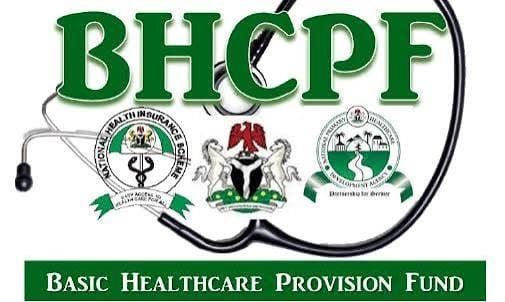
CALABAR, Nigeria – The Federal Government has reiterated its determination to accelerate Universal Health Coverage (UHC) through reforms anchored on equity, resilience and innovation.
The commitment was restated on Monday by the Permanent Secretary of the Federal Ministry of Health and Social Welfare, Daju Kachollom, at the opening of the 66th National Council on Health (NCH) meeting in Calabar.
The NCH—Nigeria’s highest health governance body—brings together federal and state health leaders, development partners, civil society and technical experts to shape national health policy. Chaired by the Coordinating Minister of Health and Social Welfare, the council meets regularly to evaluate progress, address system gaps and strengthen the direction of healthcare delivery nationwide.
Kachollom, who chairs the Technical Session of this year’s meeting themed “My Health, My Right: Accelerating Universal Health Coverage Through Equity, Resilience, and Innovation,” said the government is intensifying reforms in primary healthcare, supply chain management, accountability structures and data systems for evidence-based decision-making.
“This theme is timely and compelling,” she said. “It challenges us to put the Nigerian citizen at the centre of every decision we make and ensure that policies and programmes genuinely advance UHC.”
She highlighted ongoing reforms including the Health Workforce Migration Policy, improved institutional coordination and strengthened monitoring systems. She urged the technical committee to uphold excellence in reviewing memoranda, ensuring that recommendations are practical, cost-effective and aligned with the Health Sector Strategic Blueprint 2023–2027.
In his welcome remarks, Cross River State Commissioner for Health, Henry Ayuk, said UHC requires collective effort. He stressed that the 66th NCH holds significant implications for improving health outcomes, reducing financial hardship and expanding access to quality services.
Ayuk added that Nigeria must prioritise a well-distributed workforce, quality medicines and robust infrastructure to guarantee accessible care for all.




